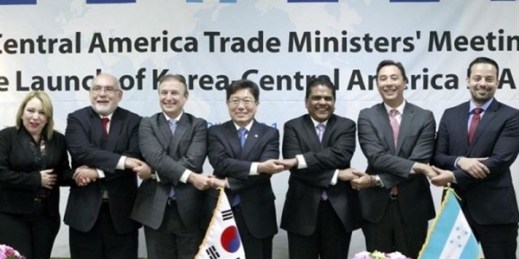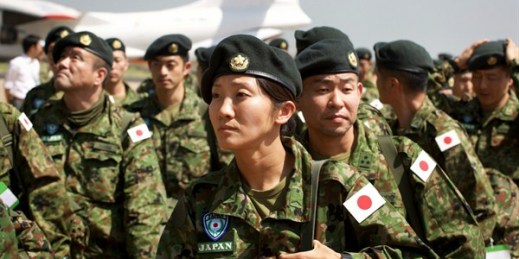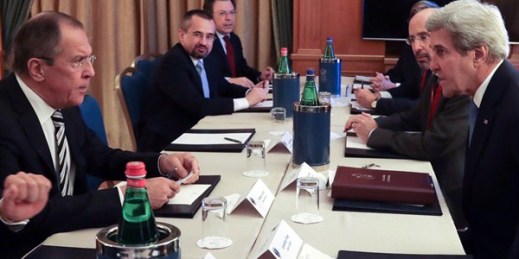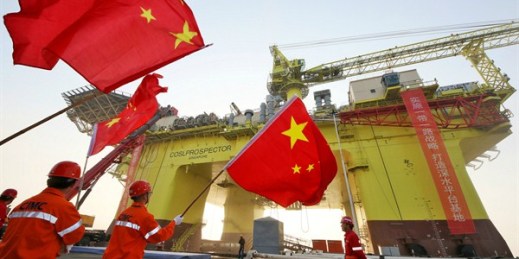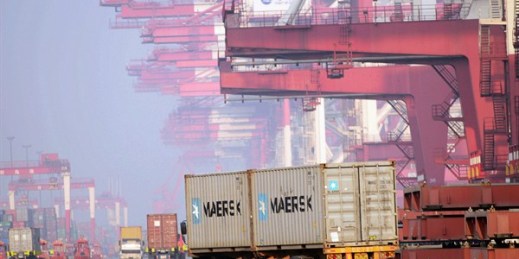
Last week, China brought formal legal challenges against the United States and the European Union for their failures to recognize the Asian giant as a “market economy” according to World Trade Organization rules. China’s current “nonmarket economy” designation allows Washington and Brussels to use a special tariff formula to stem the flow of low-priced imports in anti-dumping cases. Contrary to initial media reports of a trade war, Beijing’s WTO actions sent a positive signal for otherwise bleak trade relations between these major powers—at least in the near term. But longer term, the squabble over China’s market economy status is just […]

